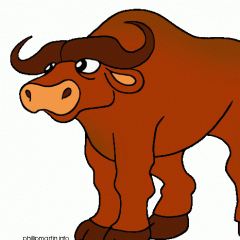Earth Store Bodhisattva?
-
Recently Browsing 0 members
- No registered users viewing this page.
-
Topics
-
-
Popular Contributors
-
-
Latest posts...
-
11
Crime Chonburi Immigration Arrests Russian Man with Interpol Warrant
How long has he got to wait now before his return as a free man, 2 years ? -
5
Report Thai Woman Finds Abandoned Box with 12 Million Baht in Condo Waste Area
Either they initially found 20 million, or everyone knows that if you touch this money, you end up in a river. I've found 100 baht once, kept it. I'd like to find 20 million and test my moral compass!!! I would immediately call the police, neighbors, and find the rightful owner. or not. -
3
Report Surin Schools Conduct Evacuation Drill Amid Border Tensions
Deadly clashes between Cambodia and Thailand last erupted in 2011 over Preah Vihear. Saw rockets land in my wife rice fields in Kap Choeng. -
11
-
57
Report Danish Man Missing in Thailand: Family Urges for Public Assistance
This case shows exactly how incompetent the RTP and all his departments are... -
11
Russia nearing 1 million dead
It is still remarkable that Russia can sustain the equivalent of the worst day in the Vietnam War, everyday, 7 days a week for more than 1,200 days now. Eventually they should bleed out. The deadliest day for the U.S. military during the Vietnam War was January 31, 1968, at the start of the Tet Offensive, with 246 American soldiers killed.
-
-
Popular in The Pub


.thumb.jpeg.42eea318e3350459f0aaaa5460326bca.jpeg)




.thumb.jpeg.d2d19a66404642fd9ff62d6262fd153e.jpeg)






Recommended Posts
Create an account or sign in to comment
You need to be a member in order to leave a comment
Create an account
Sign up for a new account in our community. It's easy!
Register a new accountSign in
Already have an account? Sign in here.
Sign In Now